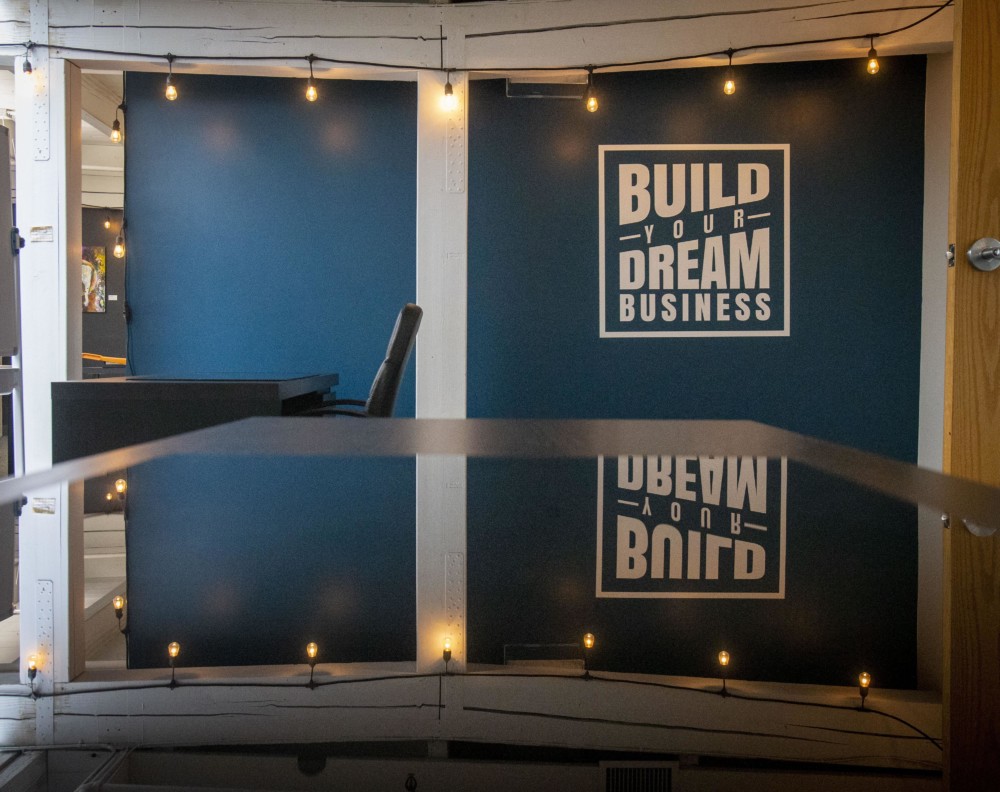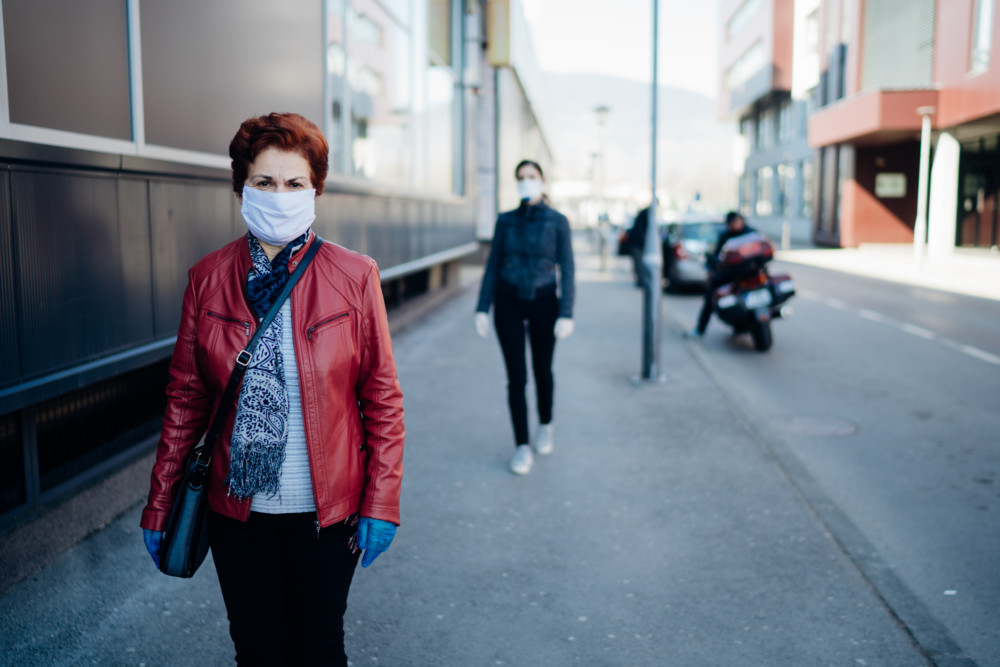By Adam Duvernay
The Register-Guard, Eugene, Ore.
WWR Article Summary (tl;dr) As Adam Duvernay reports, “At co-working spaces, where community is the business model, there are few alternatives to emptied offices.”
Eugene
When the business model is shared work space and face-to-face collaboration, the pandemic hits especially hard.
There’s no curbside pickup at Mindworks. Working from home defeats the purpose of doing a remote tech job at Code Chops. At these Eugene co-working spaces, where community is the businesses model, there are few alternatives to emptied offices.
“Code Chops is a one-room, open floor plan co-working space,” said co-owner Mark Davis. “Our space, in particular with the open floor plan, is incompatible with COVID.”
Co-working spaces usually allow members — often remote workers or startup entrepreneurs — to rent desks and office space. That reduces overhead, puts them in proximity to their co-workers’ fresh ideas and gives them an office away from home.
The pandemic, like it did to so many others, has largely evacuated those spaces.
“Co-working spaces are basically a talent engine for the region,” Davis said. “Right now, we’ve lost a major talent pipeline.”
Code Chops’ members mostly are tech workers, either setting up in the downtown space to run their own businesses or work for out-of-state companies. The pandemic has meant downsizing how many people can share that space at any one time.
Davis said Code Chops also suspended its part-time memberships.
“We can’t generate new business, and we can only be at about half capacity for social distance,” he said. “We can’t pay 100% rent with 50% revenue. The math doesn’t work.”
During the pandemic, members have been using the space at their own discretion and coordinating between themselves about who is coming and going, Davis said.
When the pandemic started in the spring, Davis thought they’d be fully open again by the fall. Now, he’s not so sure.
“We might not make it,” Davis said.
Zach Zipay has worked for a Pasadena, California, tech company for about six years without living there. When his wife took a job at the University of Oregon, they moved from Georgia with their now 4-year-old son. Zipay didn’t miss a beat at work.
That was possible because he can work from his laptop, but he’s found productivity is linked to whether he’s in the same place as his children. So he rented a desk at Eugene Mindworks, a larger co-working space with more career diversity in its membership.
“I needed to find a space to get away,” Zipay said. “And I really didn’t know anybody in Eugene, so I needed to get out and meet like-minded technology people.”
He met them, though more often for an after-work beer than sharing big tech ideas. Though they all had different missions, he said he found community in his work space.
On Thursday at Mindworks, Zipay ran into a co-worker he hadn’t seen in four months.
“It’s quiet,” he said. “And everyone has masks on, so it’s a less friendly environment.”
Eugene Mindworks owner Aloma Murray said her co-working space emptied for the pandemic, with most of her members taking their jobs back to home offices. Though some have returned wearing masks, she said occupancy is down to about 60% from 90%.
“The whole focus has been about sharing space and being together,” Murray said. “We can’t really be all about being together in the same space right now.”
Aloma said some of her members cut ties with Mindworks, unwilling or unable to pay dues for spaces they weren’t using. Some, like Zipay, kept paying their way regardless.
Zipay’s business is booming. He works for QLess, a tech company devoted to modernizing lines at places such as the department of motor vehicles. That kind of technology, he said, is more popular than ever as people work around the pandemic.
He spent a few months away from his “flex desk,” a $275 per month membership option that costs less than renting an office there. He came back, but he was nervous.
“I just decided to come in and see if I felt safe,” Zipay said.
He said he feels safe mostly because Mindworks still is largely empty and because flex desk members have access to empty offices to further increase social distance.
But if Mindworks was as crowded as it use to be, Zipay said he’d rethink that decision.
“I would feel a lot less confident today if that was where we were at,” Zipay said.
Murray said she’s dedicated to keeping her 5-year-old co-working space from going under. But she doesn’t expect business to return to normal for at least another year.
Murray and Davis both believe the local business community benefits from their spaces. Without them, there’s less collaboration and less tinder for sparks of genius.
“We’ve watched businesses grow here, partnerships form, creative ideas blossom,” Murray said. “I do hope that we can play a supportive role in offering respite office space to the work-at-home parents who are also juggling having their kids at home.”
Davis thinks Code Chops also is going to have to innovate to stay alive, likely by turning some services they’d been offering for free, such as local technology training, into a revenue model. Even if things return to normal, he’s not sure Code Chops will.
“We’ll pop out the other end,” Davis said, “but we won’t look the same when we do.”
___
Distributed by Tribune Content Agency, LLC.















































































































































































































































































































































































